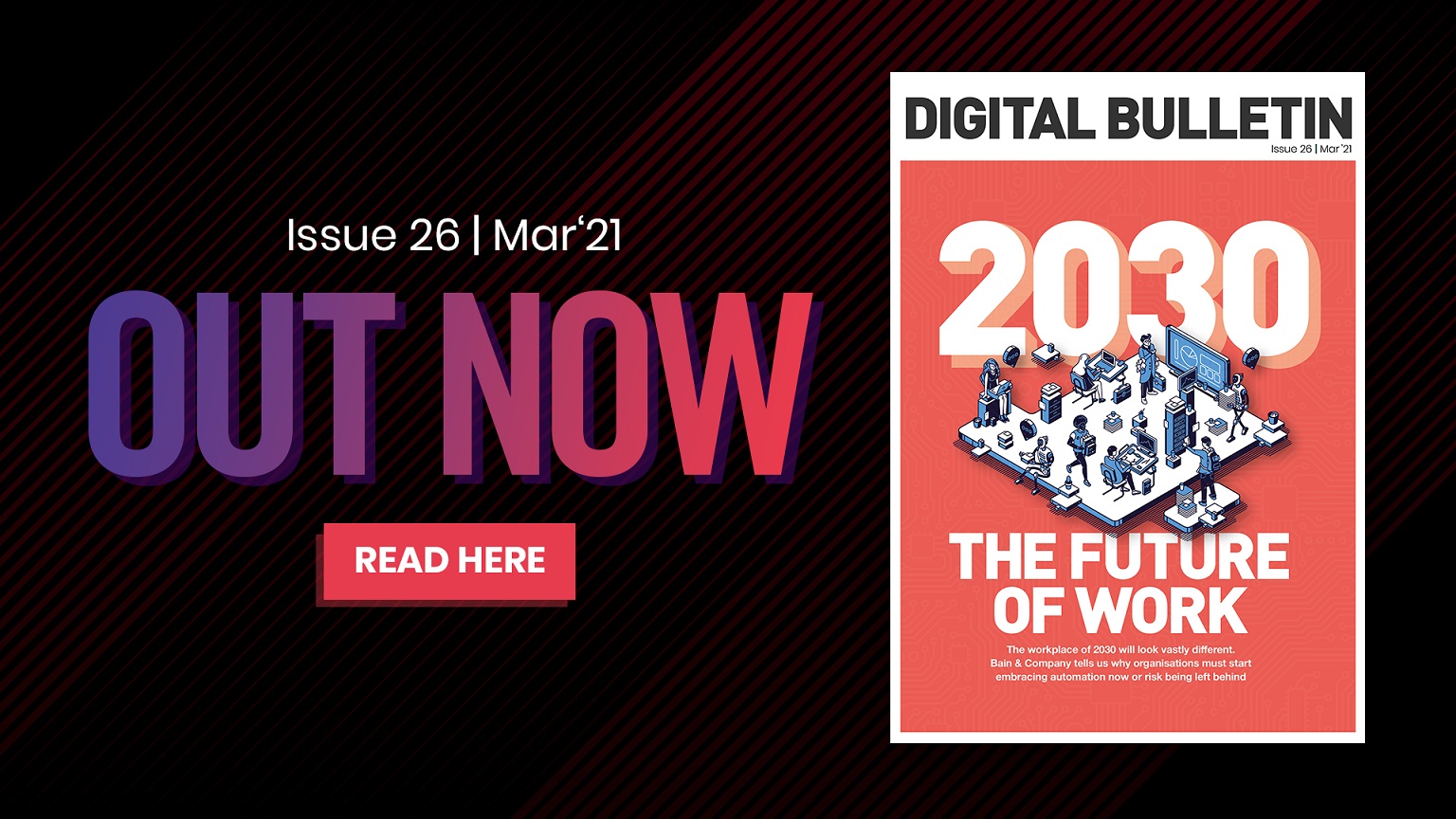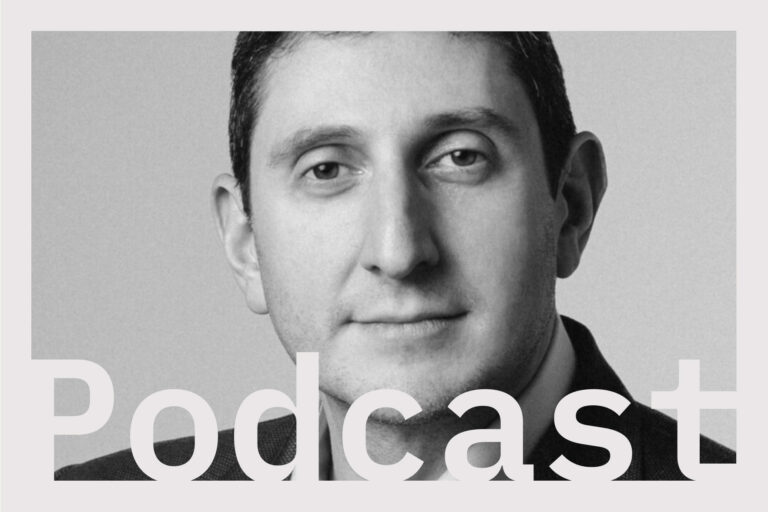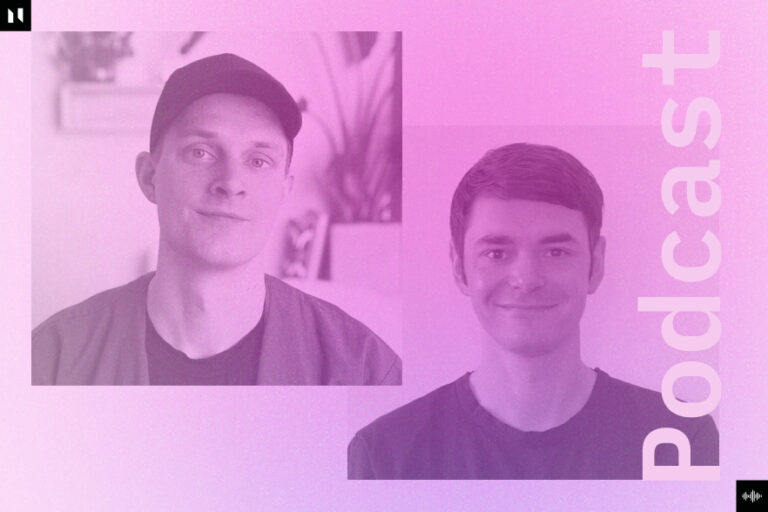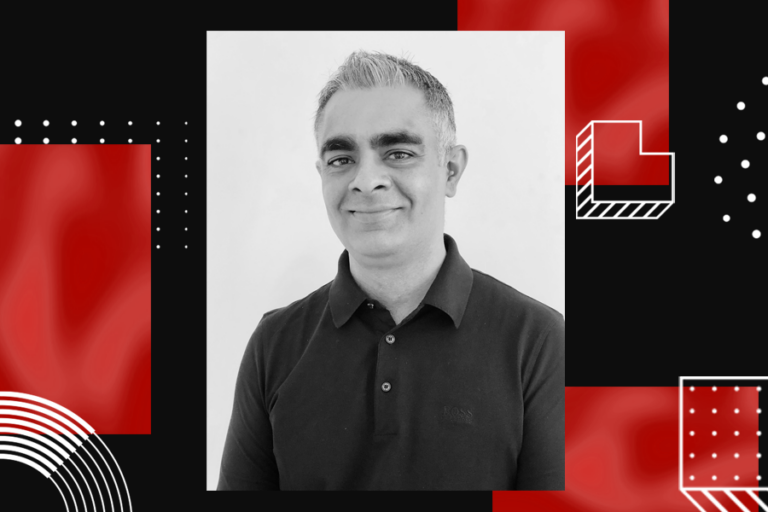
When it comes to executive back stories, they don’t come much more diverse than that of Dax Grant. Today, Grant holds the position of CIO, Global Operations at HSBC, but her path to one of the most coveted tech positions in the world of finance has been anything but a simple one, about as far away from a nepotistic leg-up as it is possible to get.
Grant’s mother left education behind aged just eight years old to help out on the family farm and then work as a shepherdess in Bosnia & Herzegovina, while her father spent 35 years working as a coal miner. Born in Nottingham in the 1970s, Grant began school only able to speak in her mother tongue of Serbo Croatian, but went on to teach herself English before enjoying a stellar academic career, culminating in a Bachelor’s degree in Economics from Queens’ College, Cambridge (she has since earned an Executive MBA from Cranfield). Subsequently, she has been accepted to Harvard Business School.
Grant is clear that her experiences have framed her belief in putting people at the centre of business turnarounds and growth paths, her commitment to inclusivity and driven a desire to break down barriers. This philosophy has combined with a fascination for technology and how things work which has catapulted Grant to great heights.
“One thing I’ve learned is that you’ve got to be tenacious and really believe that you can achieve your ambitions,” she tells Digital Bulletin.

Grant’s remit as CIO of Global Operations is a wide-reaching one that includes oversight of the technology that supports HSBC’s day-to-day interests, with operations teams around the world looking to Grant and her team for support to keep things ticking over. In addition, Grant is key to the organisation’s digitisation agenda, driving digital improvements in various areas of the business and making the customer experience a seamless one.
It is a role that requires Dax to wear quite a few different hats – “you’ve got to be able to move around and you’ve got to be able to work with different teams and different types of people, but that’s what I really love about it,” she says.
“The first thing I did when I joined HSBC is I got to know the people, I got to know my team and I got to know my key customer groups, and that was where I spent my time. I know where I’m strong and I know where I need expertise, so what I really focused on was building up the team, making sure folks were in the right place. I would move people around and just create that chemistry, which is really key when it comes to customers, as well as really in-depth knowledge. I have to rely on my team so it is really important to get that balance between soft and technical skills.”
Grant is clearly someone who is interested in people, and in what makes them tick. That ability to expertly blend talent and technology is very much, you suspect, what has driven Grant’s journey which saw her rise through the ranks at Barclays – she was central to its early online banking efforts and then the digitalisation of Barclaycard – before moving to tech leadership roles at Visa and Macmillan Cancer Support.
This human-centric approach is supported by two central pillars – entrepreneurship and inclusivity, both of which Grant speaks about with passion and conviction.
“Entrepreneurship is absolutely a key in any size of business. I’ve been fortunate to work in really small companies where I’ve been able to be creative and commercial. Knowing what you’re doing day-to-day makes or breaks that business is really important because it keeps you hungry. It makes you focus on what you have to do to get things right. It gives you a really healthy mindset and it gets you looking externally within the marketplace.
“Larger global organisations are increasingly on the lookout for entrepreneurial skill sets. When you’re digitising, it’s really about identifying the folks that can understand the company, understand the history of the company, but who can also re-imagine the future and look at what things could look like and look at it commercially in a new world.

“Throughout all my conversations with large global companies, that’s one of the key questions that they ask – ‘what is your entrepreneurial skillset and how do you bring it in?’”
Inclusivity is “absolutely central to everything that we do”, says Grant, while also acknowledging her own heritage and background. “I’m really passionate about it because I’ve seen evidence that organisations that really invest in diversity are the ones that actually increase their performance. They increase their performance, and they increase the morale of their staff as well.”
Grant outlines how companies that have a diverse workforce tend to produce products and services that better reflect their customer bases and society in general.
“That becomes part of the DNA of an organisation, so it’s something I passionately advocate and support within the industry. I do a lot of work with various organisations and business schools and we make sure we’re looking at all of the data so we’re doing all we can with our own teams as well. As a woman in technology I do think there is more to do but what I would also say is that women shouldn’t look at a family and a career as separate choices. I’m a great believer in family, I have two children and have never had a nanny. If you want to do both, then believe in yourself and do both.”
While juggling many roles has become something of a specialty, the spectre of COVID-19 has been a formidable challenge for Grant and her fellow CIOs alike. With the rush to digitise, the role of the CIO has never been more important and has drawn it to the centre of the C-Suite. The importance of CIOs has been illustrated more than ever before over the last 12 months and Grant believes they can now make a convincing case for making the step up to CEO roles, ahead of CFOs who have traditionally been primed for the top job.
“The pandemic has taken the CIO and CTO to the forefront of the boardroom. If you look across an organisation like HSBC, the amount of energy that went into enabling anybody to be able to work from home across the globe is fantastic. We’ve been able to create something that you just wouldn’t have thought was possible 12 or 18 months ago. These changes took a matter of days in some cases and organisations were able to continue functioning.
One thing I’ve learned is that you’ve got to be tenacious and really believe that you can achieve your ambitions
“It has created a sense of virtual teamwork that as an organisation now we really leverage and the ability to be able to connect with anybody anywhere around anything is just so powerful. It was about galvanising around a global crisis, but digitisation is also about galvanising around a vision, around something very positive rather than a reaction to something. We’ve seen a real shift – CIOs or CTOs in any organisation are able to fully drive that digitisation.”
Against that backdrop, Grant says that she has still carved out 10% of her schedule to concentrate solely on new and emerging technologies and their potential within an organisation like HSBC, as well as wider society.
“It’s really important to understand what new technologies are coming up, not just in your own sector, but across all industries. I’m interested in things like 3D printing and leading technology to enable memorable customer experiences. Grant is involved in entrepreneurial groups, echoing ‘the groups I’m involved in there is a real stimulation of ideas when it comes to how we can utilise these new technologies’. When you see how sensor and voice technology is developing, you can imagine all their uses in a COVID and post-COVID world, because it eliminates the need for touch.
“It also comes back to digitisation and building that innovation culture, because you can identify those technologies, but then it’s about how they then synthesise them into the vision and values of the organisation and how they’re ultimately used to solve a customer need.”
Keen to document her experiences and explore her ideas on all things digital, Grant recently finished work on a personal project and will soon release her Digital Leadership Playbook.
“I’ve been meaning to write for a little while and because I’m so involved and I love what I do. I discuss how digitisation works in balance with keeping the business operational and my personal style is within that. I really want to use my years of experience and insight to help others really fast-track their digitisation efforts within their organisations. It’s been a fascinating journey for me and a good time for reflection. I really hope folks get something out of the book and enjoy what they read.”



